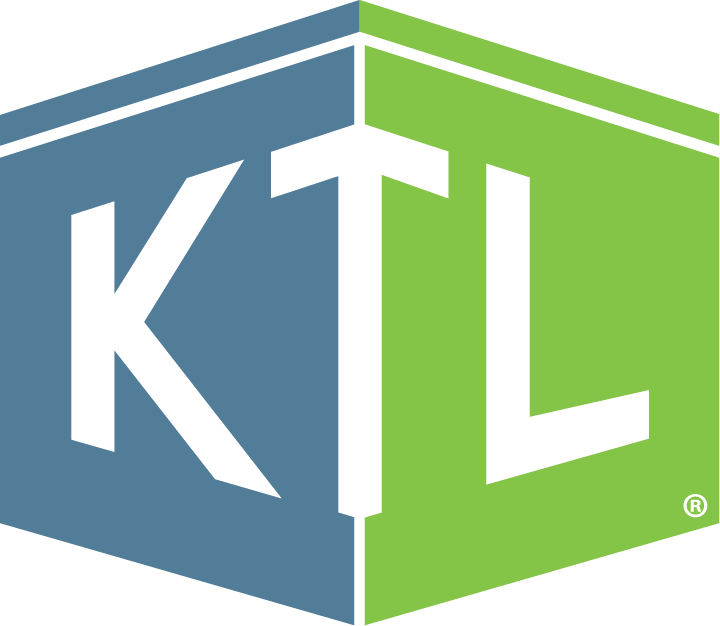
Food Safety
Comments: No Comments
The Food Safety Modernization Act (FSMA) Foreign Supplier Verification Program (FSVP) imperatives require companies to assess their foreign supply chain of food production and implement new programs to meet and achieve compliance. These programs must be implemented and ready for inspection under FDA FSMA enforcement by the compliance date. For many companies, that date was May 30, 2017.
FSVP Requirements
Effective May 30, 2017, impacted companies are expected to follow the FSMA FSVP legal requirements or face a disruption in supply, business impacts, possible fines, and penalties. In short, this requires that companies ensure that receipt of foreign food includes the necessary information to be adequately inspected and verified.
Key areas to demonstrate FSVP compliance include the following:
- Determine the receipt information under FSVP to verify approval of each shipment of each product by lot identity.
- Confirm the existing information that may already be required for each shipment, including COA by product lot and FDA registration number (with expiration date).
- Document the actual site of manufacture of the foreign-supplied product, including the location, contact information, operator, and Qualified Individual overseeing the Food Safety Plan.
- Require declarations with each shipment stating that the supplier is in good standing with FDA and their foreign government’s food safety regulations. Provide a list of all programs under FSMA (Food Safety Plan and Section 17 cGMPs) with each shipment under an authorized signature.
- Include any additional information that is required under the FSVP that adequately confirms compliance to the company’s program, product requirements, and FSMA.
- Establish and maintain receipt records on all information that can be accessed and inspected at the request of inspection authorities for at least two years.
Compliance Challenges
At first glance, the FSVP requirements seem basic—foreign supplied food product is approved by meeting the FDA requirements and the requirements of U.S. companies receiving these products. It looks to be the same as existing supplier qualifications for U.S.-supplied food product.
However, the FSVP rule provides much information on “what” is required of companies but not “how” or how to validate and verify these programs. Many FSMA training programs, including the FDA-funded FSPCA, really do not provide a level of guidance for companies to develop and meet the anticipated inspection process, which could include shipments stopped at a foreign port or at the U.S. port of entry. Concurrently, established importers have programs to communicate import shipments based on the requirements prior to FSMA and the FSVP, but many have expressed confusion in determining the changes now required.
Leading up to the May 30th compliance date, many companies of all sizes and scale began to seek ways to best establish their programs to meet the full regulatory requirement. Much of the focus has been on establishing practices that informally address what is really required under the FSVP while making a casual determination of compliance. Other companies have developed programs consistent with the procedural requirements of the FSVP rule, as published.
Some companies have taken the requirements to an extreme by determining new supplier requisite information for each shipment to prove compliance. This has resulted in generating a significant amount of information for each shipment by each product. This level of information is not what FSMA intended. Much of the required information for FSVP is already in the established supplier qualification program and must be maintained but is not required in its entirety with each shipment. In fact, there are issues with the approach of requiring all information with each foreign supply shipment, including:
- Sheer volume of information
- Time required to assemble the information
- Inability of inspectors to assess all the information for compliance
All of this leads to the confusing situation that exists in the market today concerning the FSMA FSVP, where compliant practices have not been developed and newly established requirements have not been tested by enforcement. As a result, reports indicate that many foreign suppliers of varying company size, scale and sophistication are not openly willing to respond without clear, simple instructions from their U.S customers.
Establishing Reasonable Plans
Ultimately, many of the FSVP practice requirements will be developed and refined through the regulatory inspection actions of the rule. That being said, the industry cannot wait. Companies need to have reasonable plans established for all current shipments being made under the FSVP.
Companies should focus on the more fundamental aspects of the FSVP—those requirements that must be verified, recorded, and evident in the documents supporting all foreign shipments of food product under the rule. This information does not need to include the entire policy manual but select summary information.
An important consideration involves understanding how this law is expected to be inspected. Knowing this provides a basis to develop and implement an effective program. The premise is that the foreign shipments may not be stopped for inspection at the border level, but that inspections will more commonly occur at the receiving party location of the product shipment at delivery to their U.S. locations. Regulators will expect to inspect verified, recorded, and legal receipt of the foreign-supplied food product.
Areas to focus on to ensure compliance with the FSVP requirements includes the following:
Receipt of RSVP Products. Focus on verification of the necessary information for receipt of FSVP products based on the law and the company’s defined program. This does not mean all program information but information that adequately meets the level required for compliance.
Shipment Information for Receiving Records. Establish lists of shipment information for all shipments, which includes all products being received under FSVP, as summary forms with current and validated information. Summary information that can be effectively inspected as part of and aligned with the shipping paperwork will provide the necessary information as part of an FSVP receiving record.
Compliance Actions. Establish procedures and work instructions to ensure that compliant practices are approved, verified, and meet the minimum requirements. This will include modifying some existing documents and forms that are specifically required under the FSVP. This level of approved summary information must reflect the documented policies and procedures developed in the company’s FSMA Food Safety Plan and FSVP.
Internal Programs. Maintain internal programs, with oversight verification conducted diligently. All required information must be accounted for and records must be completed and maintained with a high level of accuracy and integrity. Verification must include oversight and multi-level signed approval.
